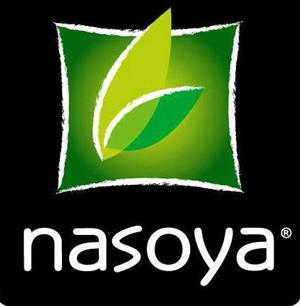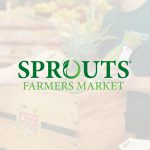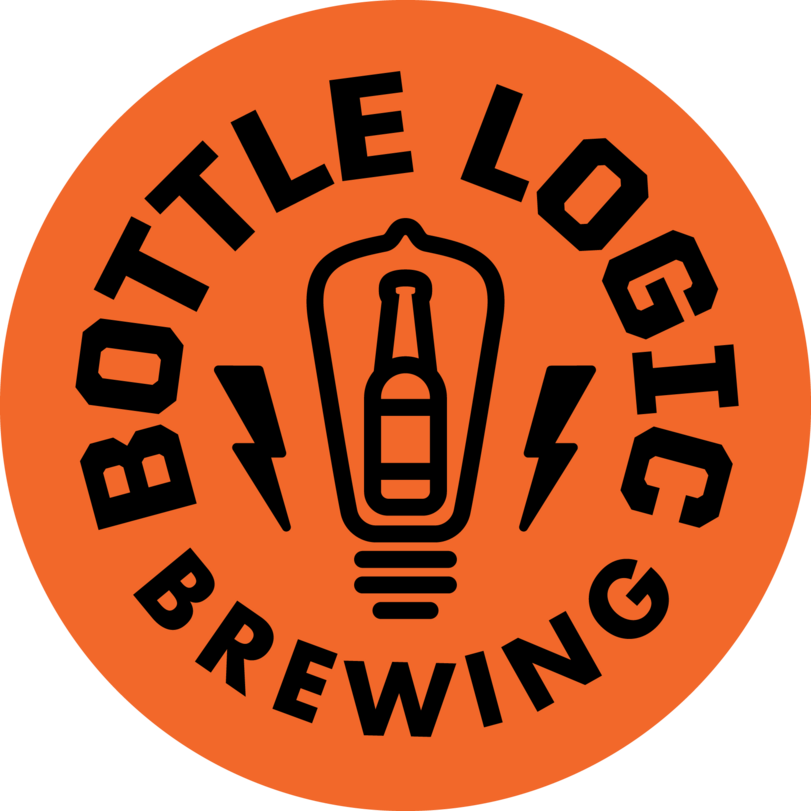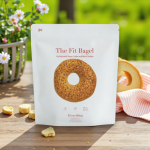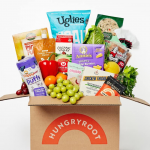With Plant-based Gaining Steam, What’s Hot About Tofu?
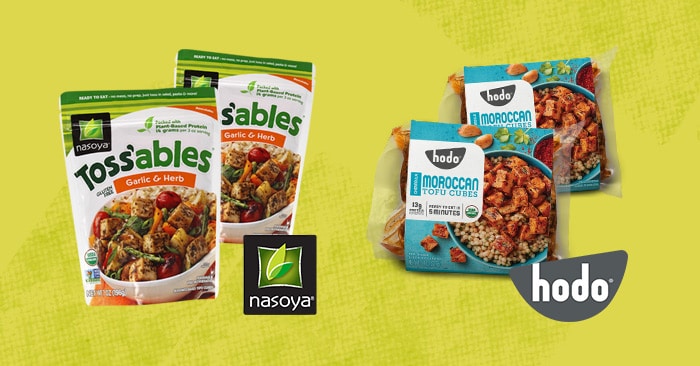
With bleeding burgers grabbing the headlines, what’s the future of tofu amidst the plant-based surge? One place seems to be beyond the block — with innovation focused on creating healthy, convenient meals.
Total tofu market sales grew 14.4% year-over-year for the 52 weeks ending March 21, according to research firm Nielsen, and in January-March 2020 the market grew 28.9% year-over-year. Grand View Research estimates North America’s tofu market to have a compound annual growth rate (CAGR) of 6.1%– faster than the expected global CAGR of 5.2% — from 2019-2025, citing Nasoya, House Foods and Hain Celestial among the key players. Tofu brand Nasoya has felt that spike in business as well — even before consumers were pantry loading during COVID-19 — because of the plant-based craze, Nasoya tofu manager Jonghee Park said. Retailers expanding their produce sections has also helped, Park noted: Nasoya products are in about 20,000 U.S. stores, including Kroger, Whole Foods and Target.
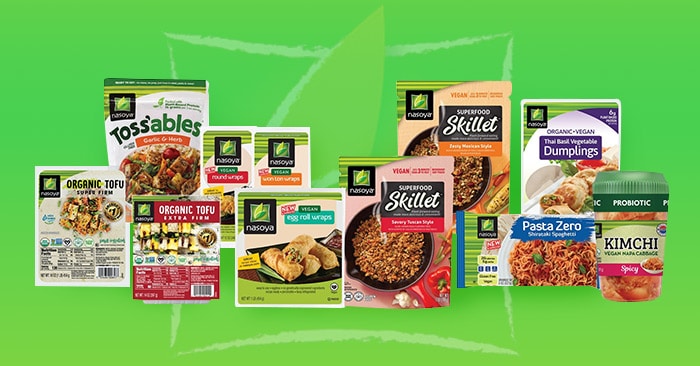
But to capture consumers new to plant-based eating, the company is launching a new brand, Plantspired, first moving ready-to-eat meals Toss’ables TofuBaked and Superfood Skillets under the brand and then launching plant-based cooking sauces later this summer.
Tiffany Rhee, Nasoya’s brand manager, said the brand’s core consumer has historically been vegans and millennials, but is increasingly including flexitarians, who transition to tofu by way of plant-based burgers. But unlike the familiar patty format, consumers have expressed confusion around preparing tofu, Rhee said, adding that some consider it a “white blob that’s super overengineered.” In reality, she said, the product is just ground soybeans and water.
“We didn’t want to limit consumers to think they can only use [tofu] for x-y-z meal options,” Rhee said. “It opens opportunities for consumers to consider more variety and menu options.”
Convenience and taste are key elements to “inspire people” to eat more plant-based food, but since that journey can be challenging, Plantspired aims to “run alongside consumers,” Rhee said, to provide easy options.
For Hodo Foods, founded in 2004, the goal has always been variety beyond the basic tofu. With refrigerated products including tofu-based burgers and yuba noodles, the brand is sold in nearly 7,000 retailers, including Whole Foods, Walmart and recent pickup by Publix. Minh Tsai, Hodo Foods’ Founder and CEO, said the “unprecedented” plant-based wave has already boosted business, noting that strong marketing dollars behind Impossible Foods and Beyond Meat have also brought tofu new life.
“I think [we] catch the same tide that plant-based food catches,” Tsai said. “There’s simply not enough tofu produced to satisfy just the pure tofu demand today — for the first time in more than a decade.”
To accommodate the rush, Hodo is adding 50% more production capacity at its Oakland, California-based facility using a recently announced series B investment from VC fund Renewal Funds. The funding will also help expand the brand’s marketing and production teams.
But how can the brand reach new eaters? By focusing on texture, flavor and convenience and “talking about [tofu] slightly differently,” Tsai said. To do that, the company has more recently focused on its products’ clean label proposition.
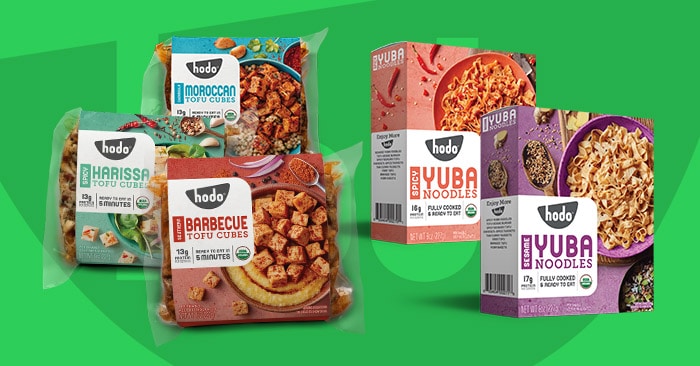
Additionally, Hodo tries to stand out by offering a “global adventure” of flavors, rather than limiting its products to only Asian-inspired flavors only, Tsai noted. The brand’s tofu cubes, which launched last year in Moroccan, Harissa and Southern Barbecue, have seen “amazing demand,” he said. As tastes for plant-based eating evolve, Hodo Foods will remain nimble. While the company could consider plant-based sausages, Tsai expects Hodo to enter new categories, possibly snacks, frozen or nondairy beverages, in 2022.
The brand is also launching with meal delivery platform Purple Carrot as a means of expanding its reach.
So despite more widely marketed innovations in plant protein, consumers also appear to be gravitating to soy. Other companies are also seeing the power of soy protein: Kellogg’s new plant-based brand Incogmeato uses a soy base for its burgers and sausages.
“The quality of protein is very important; it’s the reason we chose to go with soy,” Sara Young, general manager of Kellogg’s US frozen veggie category, said. “It’s a great protein source that most closely mimics its meat counterpart [and] delivers the full protein profile that consumers want.”

